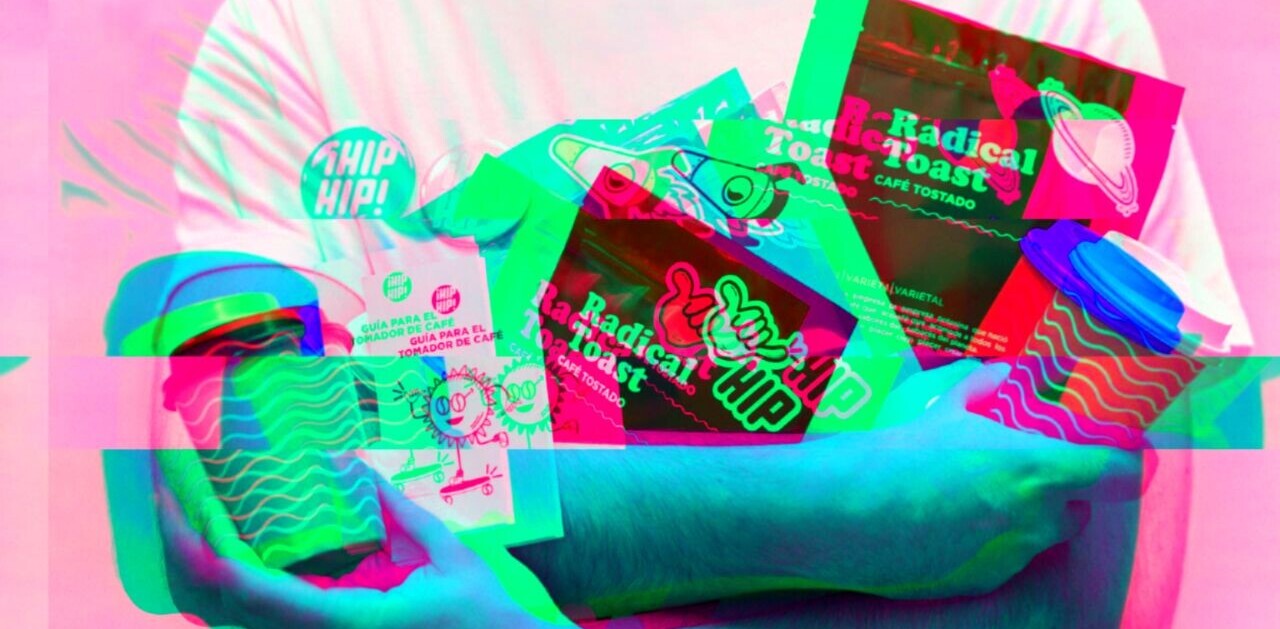
There we were, $1.1 million of investor funding on the line, flatlined growth, a burn rate that would make even seasoned entrepreneurs cringe, and daily founder battles that were promising to undo all that we had built.
We knew we had to make some hard decisions, or our company wouldn’t last the next few months.
When we started out, the mission was simple: To help remote teams feel like they were in the same room, even if they were scattered across the globe.
We were lucky enough to secure funding early on in our journey, raising $1.1 million in the very first AngelList syndicate. This gave us what seemed like an endless amount of fuel to get this rocket ship off the ground and into space.
Things started out very strong. We began hiring in full force and there was a positive energy among the team, the feeling that anything was possible and that Sqwiggle had a bright future.

But the horizon slowly turned from sunny to overcast.
Though we had plenty of money in the bank, we still had a tough time finding talented engineers to help us build a stable and reliable video platform. Eventually, feeling a bit desperate, we jumped the gun on a few technical hires that ultimately didn’t work out. This ended up costing us money, morale and, more importantly, time.
And while we had a large handful of diehard daily users, we were struggling to gain adoption with larger teams and the broader market in general.
Over time, the sky grew darker as we began to have regular founder arguments. The reality was that we all three had very strong opinions and personalities. This made it very difficult to reach compromises, even on the small stuff.
To top things off, our runway was dwindling. We were making a bit of revenue each month, but with 10 people on the payroll, we had a long way to go before our heads would be above water.
With our growth flatlining, we could no longer see the sunny horizon that was all but promised to us in the early days. We knew that something had to change, and fast.
First, we knew we had to solve the problems between the founders. After several long discussions and a roller coaster ride of emotion, we just didn’t see a way for the three of us to continue working together with the animosity that had been brewing. Ultimately, our third co-founder, Matt, decided it was best for the company if he left to pursue bigger and better things.
Second, with our founder issues sorted out, we knew we had to make some changes to the team as well. Don’t get me wrong, we had some truly amazing people working with us. But we felt like we had put the cart before the horse and focused too much on growth and marketing, and less on engineering and product.

So we decided to rip the bandaid off. We chatted to each team member individually, explaining where our heads were and why this felt like the right decision. In the end, we all parted ways on great terms (we’re still friends today!).
Once the smoke had cleared, we emerged a lean team of four with primary skill sets in engineering and product design.
Third, we knew we had to make some changes to the product. We couldn’t see a way to turn what we had built into a solid communication tool for a larger market. So we decided to hunker down with our notebooks, laptops, an endless stream of lattes, and a mountain of customer feedback to figure out what to build.
We flew the team out to San Francisco and held up in an office, which was kindly offered to us by one of our awesome investors. For an entire week, we laughed, we cried, we argued, but ultimately we built a plan to move forward. This plan included a short list of assumptions that we believed could be tested within a fairly short period of time.
We also decided that we needed a new brand. There were quite a few potential names thrown around including Toast, Roll, Channels, Hello and about 50 others. But we ultimately settled on Speak because it was short, simple and summed up the the product’s purpose well.
We don’t really consider Speak a pivot, as much as an evolution of Sqwiggle. We’re solving a lot of the same problems, but in a form factor that is much easier to understand and ultimately far more useful.
Since the official launch, we’ve had thousands of users and organizations start using Speak. We’re still iterating on the product but we’re seeing great weekly growth and are more confident than ever about what the future holds.
Looking back, these decisions were some of the hardest I’ve had to make in my life. I do sometimes wish we would have acted sooner, but I’m also confident that if we didn’t act when we did, we would have lost the company.
For me, the lessons here are simple. If there’s a problem within the team, fix it. Don’t let it fester. A happy and cohesive team builds a happy and cohesive business. Hire slow, fire fast and don’t get desperate. And never stop iterating and testing your assumptions, no matter how big your business is.
Read Next: LinkedIn’s co-founder reluctantly admits that his site design needs work
Image credit: Shutterstock
This post first appeared on Growth Supply.
Get the TNW newsletter
Get the most important tech news in your inbox each week.





